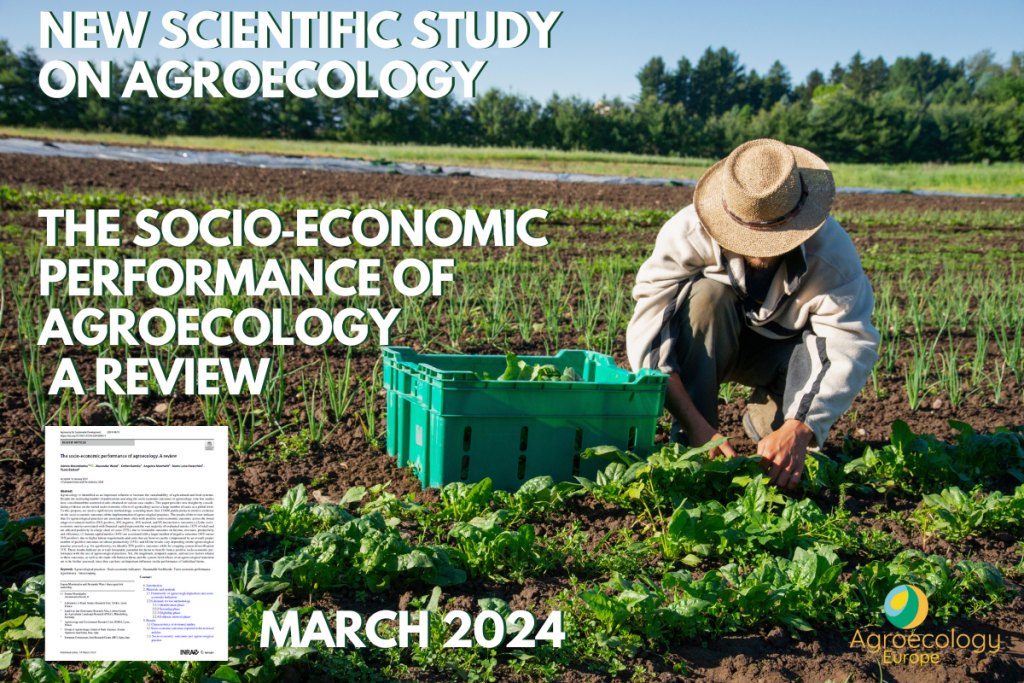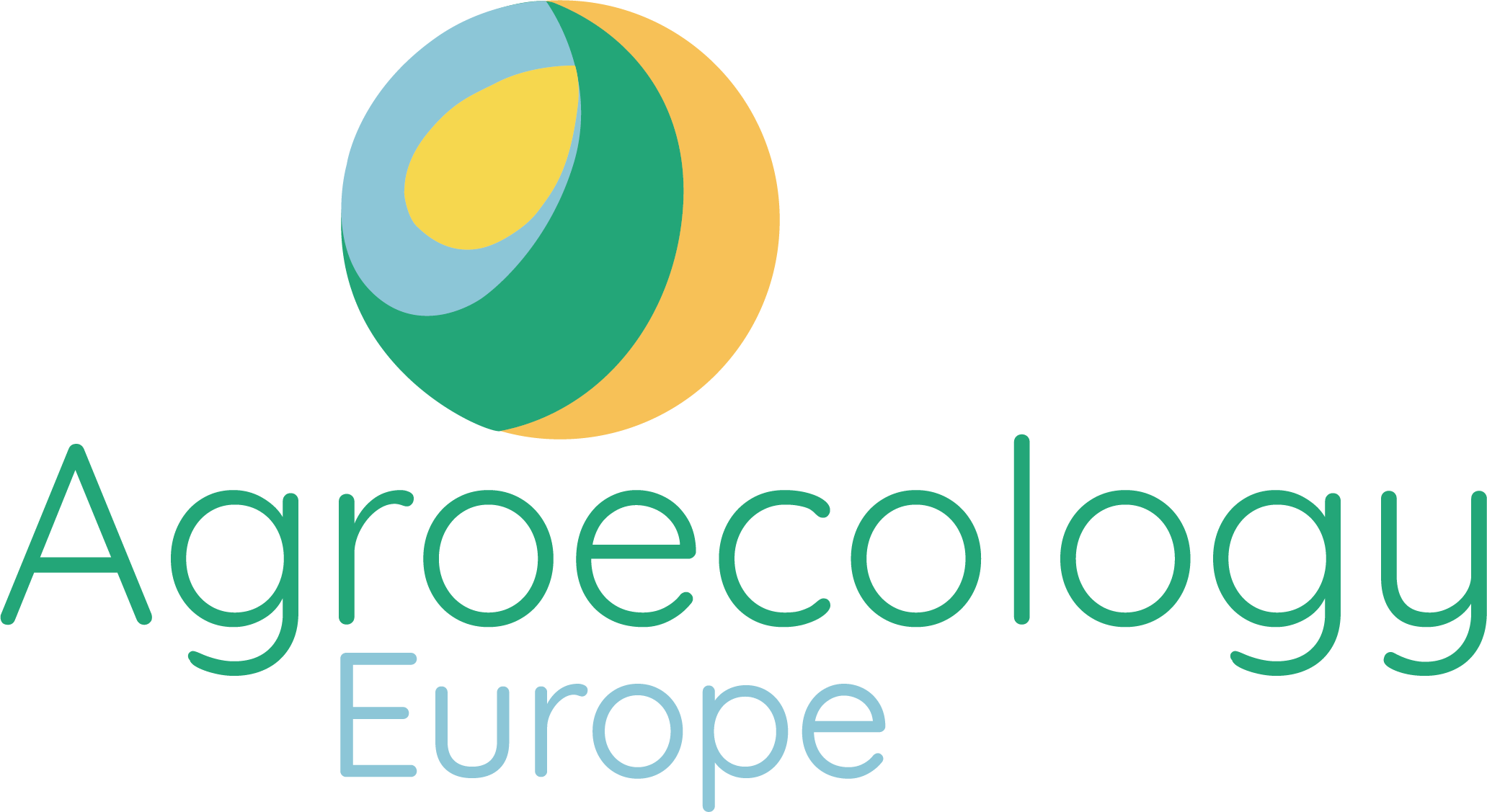
The benefits of agroecology for the environment and food security and nutrition are widely recognised. But what evidence do we have on the socioeconomic performance of agroecology? And is this socio-economic performance expected to support or hinder the agroecological transition?
A novel study consolidates, for the first time, evidence on the varied socioeconomic outcomes of the implementation of agroecological practices across a large number of cases at a global level. The study, led by ISARA (Lyon, France) and the Scuola Superiore Sant’Anna (Pisa, Italy) and funded by the European Commission Joint Research Centre and its Knowledge Centre for Global Food and Nutrition Security (Ispra, Italy), provides a global and inclusive understanding of the socio-economic performance of agroecology – an emerging paradigm for sustainable agriculture and food systems based on diversified cropping and farming systems and a strong reduction of external inputs like synthetic fertilisers and pesticides.
This study, of wide interest to policymakers and farming professionals, addresses the lack of consolidated scientific evidence on the topic. It provides new insights to further support the agroecological transition, urgently needed to establish truly sustainable agricultural and food systems from the local to the global scale.
